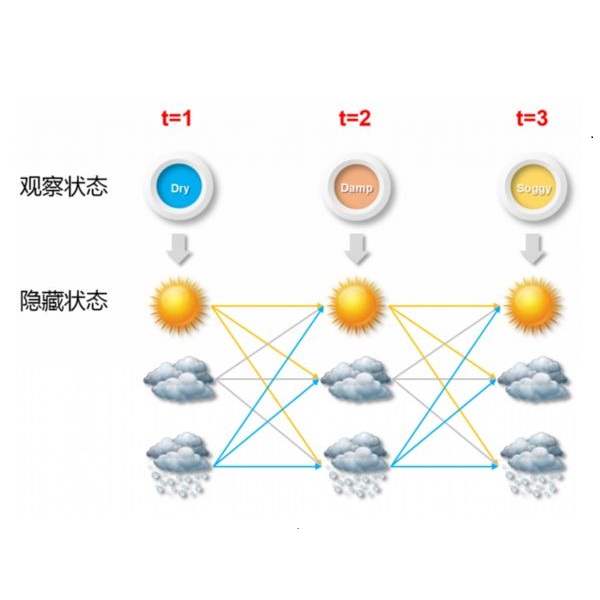Bonus-Malus Systems traditionally consider a customer's number of claims irrespective of their sizes, even though these components are dependent in practice. We propose a novel joint experience rating approach based on latent Markovian risk profiles to allow for a positive or negative individual frequency-severity dependence. The latent profiles evolve over time in a Hidden Markov Model to capture updates in a customer's claims experience, making claim counts and sizes conditionally independent. We show that the resulting risk premia lead to a dynamic, claims experience-weighted mixture of standard credibility premia. The proposed approach is applied to a Dutch automobile insurance portfolio and identifies customer risk profiles with distinctive claiming behavior. These profiles, in turn, enable us to better distinguish between customer risks.
翻译:Bonus-Malus Systems传统上考虑客户的索赔数量,而不管其大小,尽管这些组成部分实际上取决于其大小,但我们提议根据潜在的Markovian风险简介采用新的共同经验评级办法,以便对个人的频率严重性产生正负依赖性。隐性Markov模型的潜在概况随着时间的推移而变化,以了解客户索赔经历的最新情况,使索赔的计数和数额有条件地独立。我们表明,由此产生的风险溢价导致一种动态的、索赔经验加权的标准可信度保险费组合。拟议办法适用于荷兰汽车保险投资组合,并查明客户风险简介与特别的声称行为。这些简介反过来使我们能够更好地区分客户风险。


